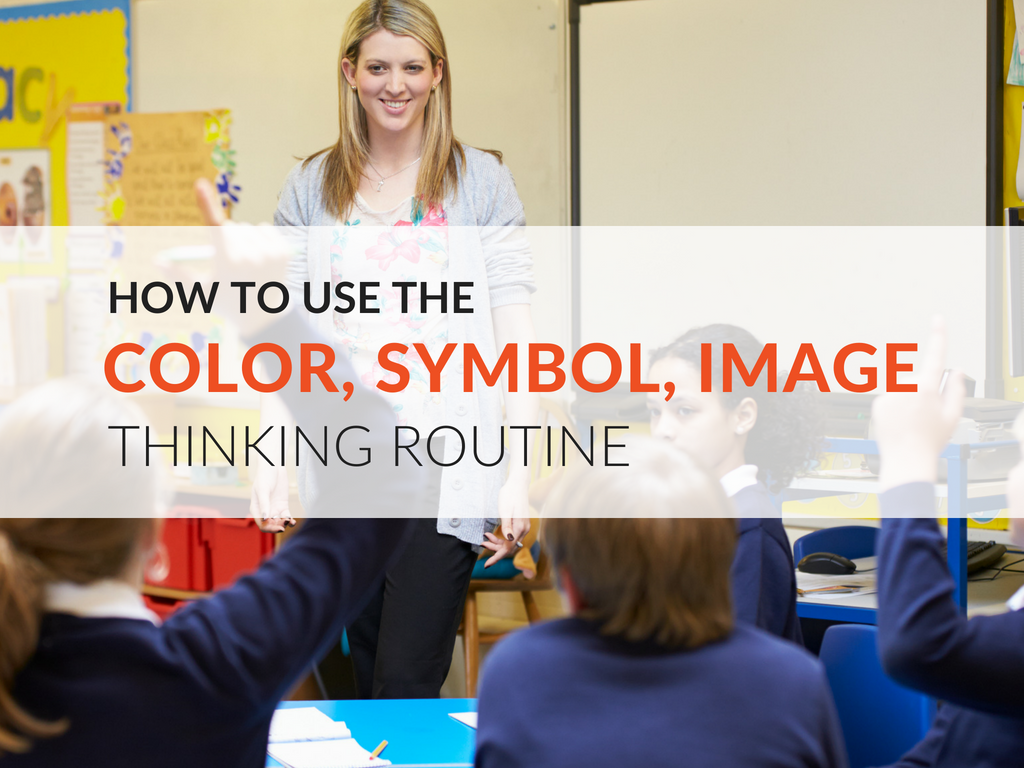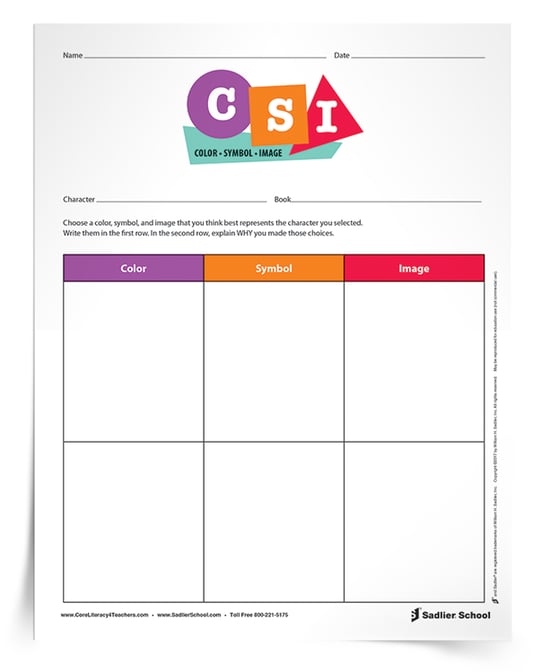1.800.221.5175
Reading & Writing
From Phonics to Reading
Grades K–3
|
Building Reading Success with Wiley Blevins
Grades K–5
Vocabulary
Vocabulary Workshop, Tools for Comprehension
Grades 1–5
Vocabulary Workshop Achieve
Grades 6–12+
|





